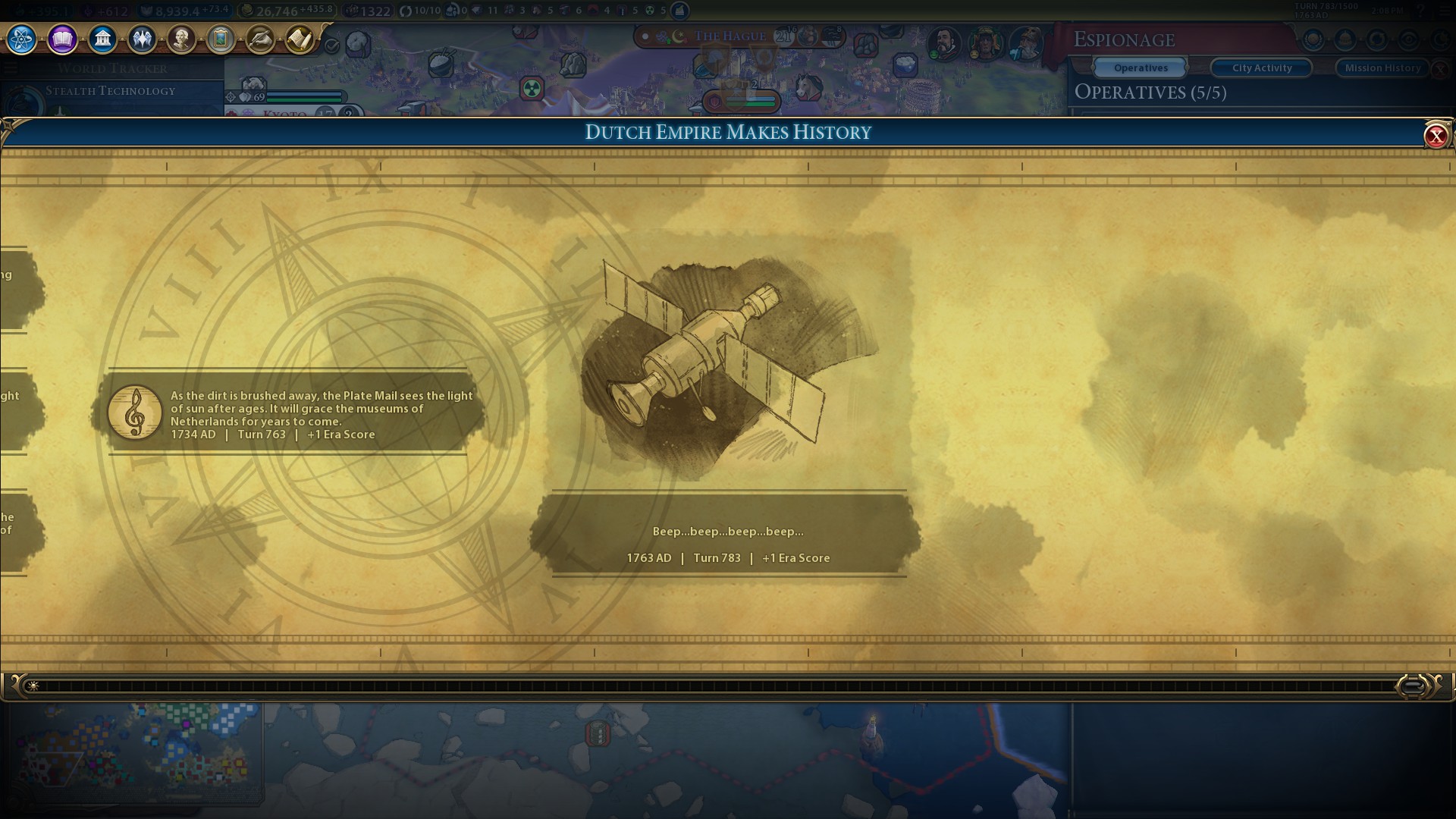@Greywulf To be fair, militarization has
always been a big factor in scientific advancement. We probably wouldn't even have NASA if the government didn't think it could get military benefits out of it (though the civilian sector and medical fields have both benefited enormously from NASA). Also the advancement of
technology and
theoretical science don't necessarily go hand in hand. Medieval Europe, for example, is often denigrated as a period when science stagnated, yet the Medieval period experienced a huge boom in technological advancement that was in many ways the beginning of the technological boom that would lead to the Industrial Revolution and the rapid advance of technology in the 20th and 21st centuries.
But yeah, the problem with most 4X games' tech trees is that they're linear, and real technology doesn't work that way (and no,
Beyond Earth's abominable "tech web" was
not an improvement). I mean, it's linear in the sense that certain things are a prerequisite for certain other things (you're not going to have metallurgy without pottery; you're not going to have steam engines without cheap steel; you're not going to have telescopes without clear glass), but it also ignores the fact that technology diffuses. I mean, writing was
independently invented only three times in human history: once in Mesopotamia, once in China, and once in Mesoamerica--everyone else got writing by diffusion, whether or not their script descends from one of those three. Likewise, agriculture diffused from the Near East into Europe, Asia, and Africa, and from Mesoamerica into North and South America. The non-linearity of technology and science is difficult to simulate; the only solution I can think of is random technologies like
Stelaris does, and I think that solution is inelegant. However, I think that something
really should be done about diffusion. Perhaps if a nearby civilization has researched certain techs (not
everything spreads by diffusion), it becomes easier to research for nearby civs.






